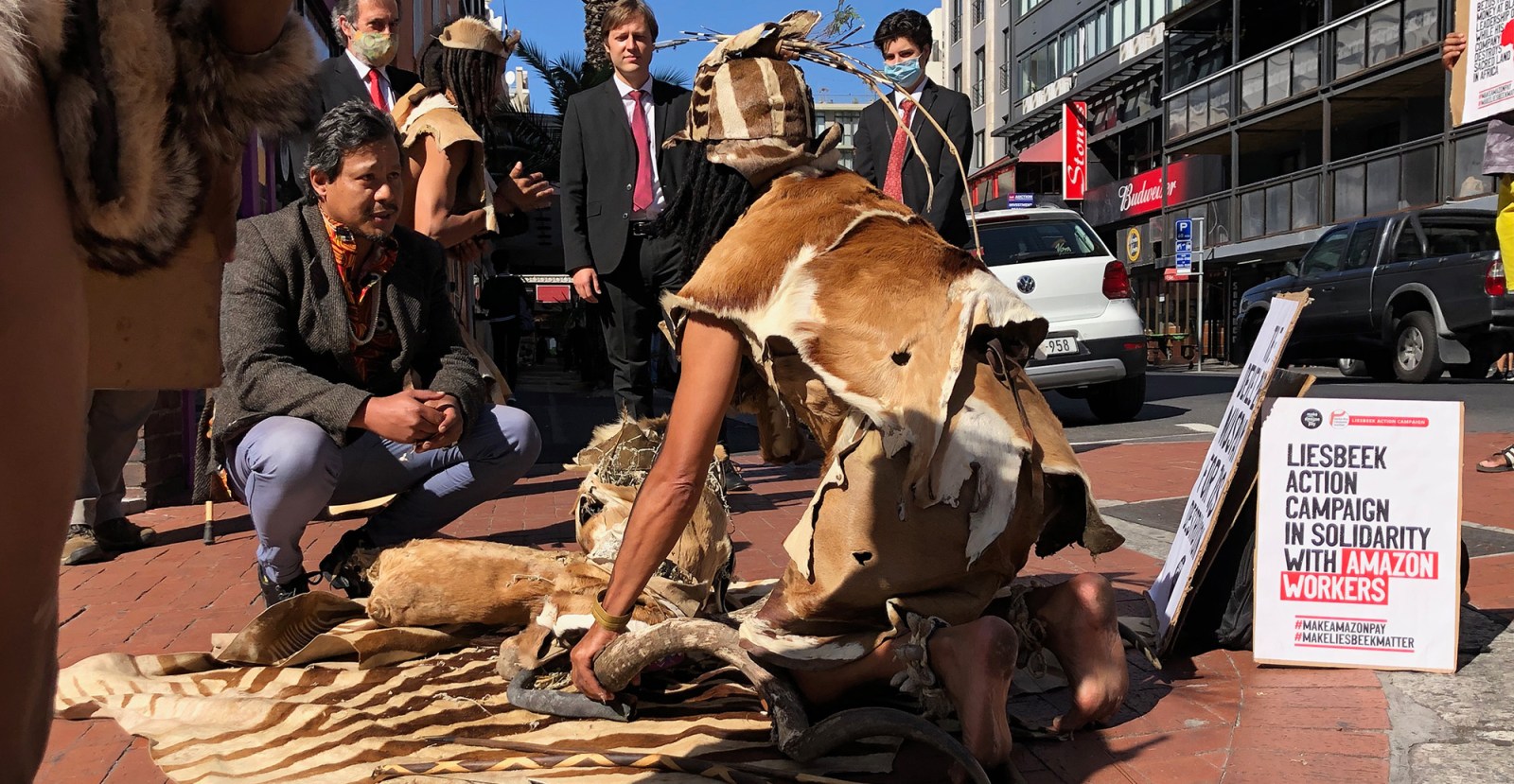Regional court dismisses Maasai eviction case against Tanzania
Rights groups said Friday’s ruling sends a dangerous message that Indigenous peoples can be evicted from their land in the name of conservation.
Rights groups said Friday’s ruling sends a dangerous message that Indigenous peoples can be evicted from their land in the name of conservation.
Maasai are being evicted from a Tanzanian wildlife paradise to make way for neocolonial land grabs by the Dubai royal family. The reason? The right to hunt unhindered for the next 30 years.
Indigenous Maasai, widely acknowledged as exceptional wildlife conservationists, are being dispossessed of the lands of their birth in order to hand some of the finest wildlife territories of Tanzania to wealthy foreign hunters. And the government is bending over backwards to make sure it happens.
Whoever between Raila Odinga and William Ruto takes the presidency of this country after 9/8 must find the moral courage to finally break with a colonial legacy that has relegated thousands of our co-citizens to a life of unending misery and despair.


By the 1950s, Kruger Park had become a global ‘must-see’ destination for tourists. Photo: SANParks Archives
Over 1,000 people deported to Djausdjan province. The move favours their Pashtun supporters in northern Afghanistan. Tribal council convened to resolve the case. Tajikistan and Uzbekistan ask the Taliban government to address the ethnic issue.
The University of Cape Town’s (UCT) research data service DataFirst is an internationally-certified African repository, having been awarded a CoreTrustSeal endorsement in 2018
The global thirst for palm oil has never been more ravenous. Caught between it and a multigenerational war on Thailand’s poor are the farmers of the Southern Peasants’ Federation, who simply want a piece of land to call their own.
Main photo: Palm tree jungles and the mountains of Surat Thani Province in southern Thailand.
Kakamega Governor Wycliffe Oparanya has asked the National Land Commission to assist in repossessing land allocated illegally to senior civil servants.
Oparanya said that prime plots were allocated to former and current civil servants, politicians and influential businessmen who are demanding compensation for the land.
"We are battling cases where senior public officers allocated plots fraudulently are demanding compensation. This is an area where we require NLC's intervention because the plots are lying idle," Governor Oparanya said.
The restitution of ancestral land rights in Namibia has since independence divided opinions.
Some argue it is a fitting process in dealing with colonial era land dispossessions, while others are concerned about the complexity of implementing this kind of restitution.
LOCKDOWN restrictions aimed at fighting the Covid-19 pandemic in Lesotho have had an unintended adverse negative impact of undermining women's customary land rights, a regional human rights body has found.
The organisation, Advancing Rights in Southern Africa (ARISA), said its research on the impact of Covid-19 on women's customary land rights and livelihoods in southern Africa found that lockdown restrictions had worsened violations of women's customary land rights in the region.